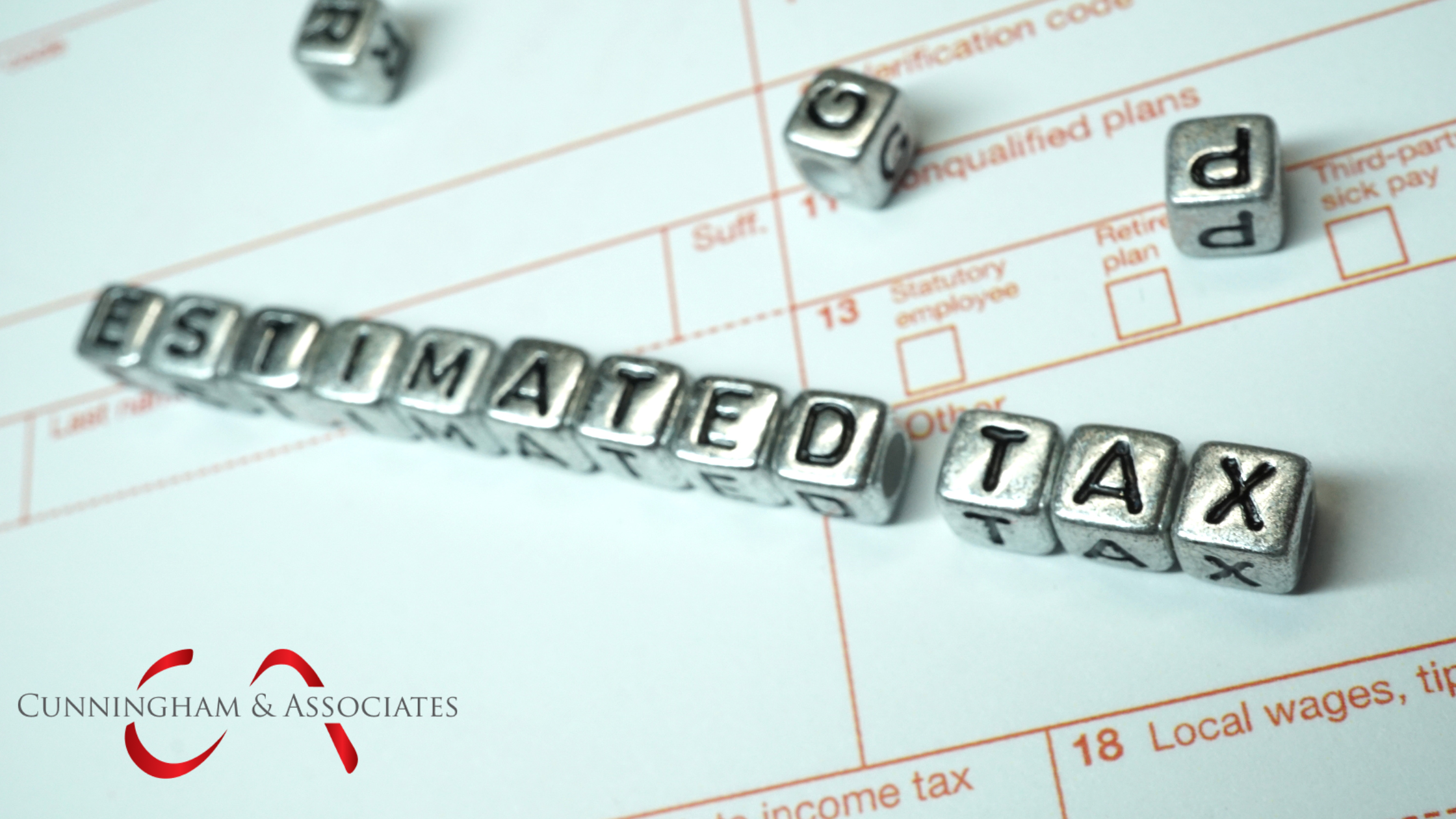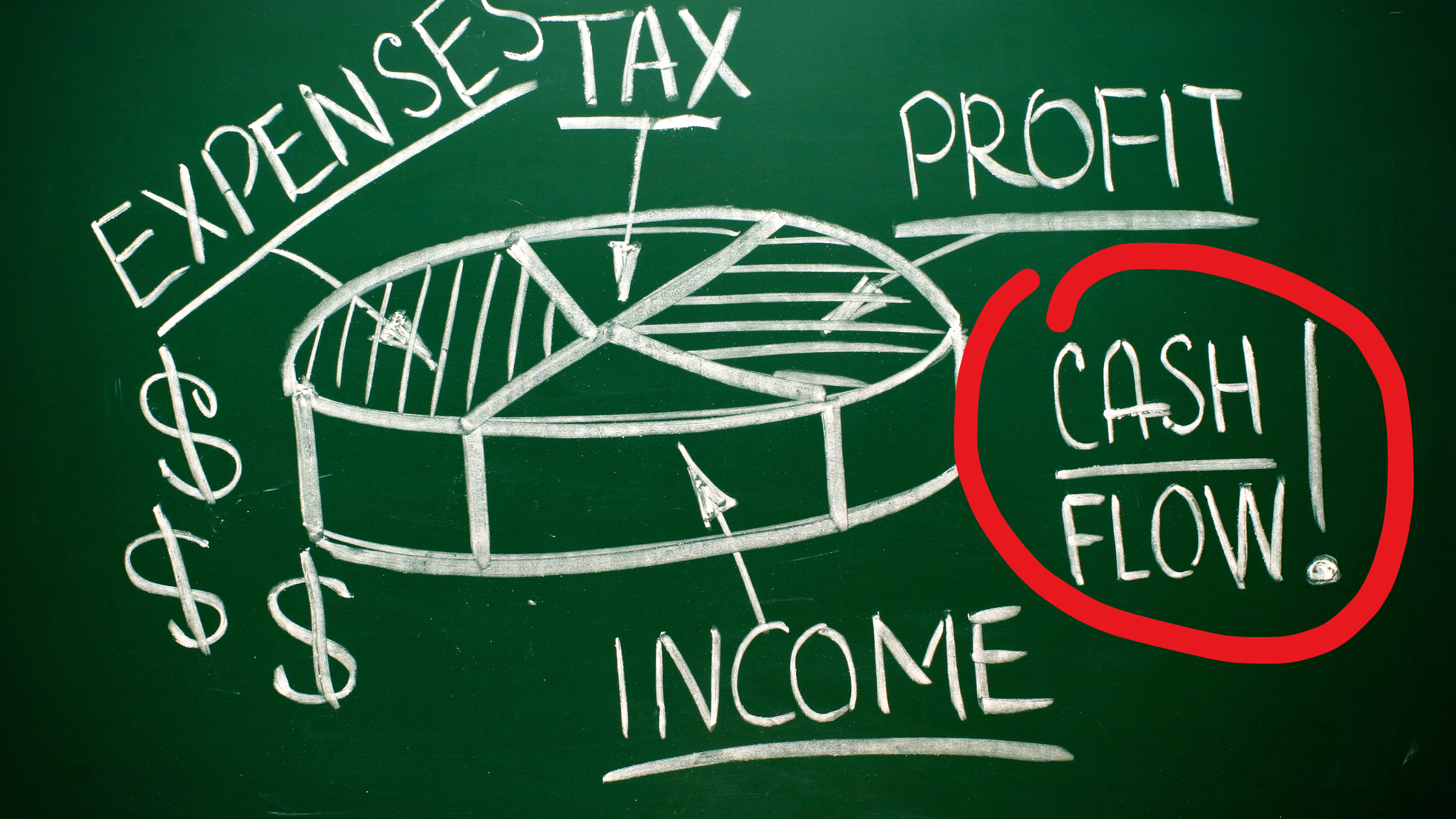Albert Einstein supposedly once said, "Insanity is doing the same thing over and over again and expecting different results."
That can certainly be applied to tax strategy; unfortunately, we see it all too often. Clients come to us feeling like something is being missed and they are tired of writing a big check year after year. That's the nature of working with many advisors. It's lazy tax planning.
And, it's not just short-term pain that it causes, the longer-term impacts of lazy tax planning are substantial.
Here are some signs that you have a lazy tax plan.
Reliance On Bonus Depreciation
Bonus depreciation lets businesses take a big chunk off the cost of qualified assets in the year they buy them. At first glance, it looks like a fantastic chance for small businesses to quickly lower their taxable income, but leaning too heavily on this is lazy tax planning.
When you focus on immediate tax deductions, you might miss the bigger picture of how your asset purchases affect your business in the long run. Rapid depreciation can lead to cash flow inconsistency, especially in future years when those deductions aren't around anymore. So, instead of just thinking about what's good for this year, take a moment to see how your investments fit into your long-term business plan.
Prepaying Expenses for Deductions
Another popular approach is prepaying expenses to realize deductions before the tax year ends. While this can give your taxable income a quick trim, it might not match up with your business's actual financial health and cash flow needs. Prepaying expenses can also cause cash flow issues, as money that could be reinvested or saved for unexpected costs gets tied up in advance payments. A smarter way to handle expenses is to align your spending with your business needs and keep your cash flow in good shape through thoughtful budgeting.
Making Estimated Payments Without Review
Paying quarterly estimated taxes without regular review overlooks potential changes in a business's financial situation throughout the year. Without regular assessment, a business might overpay or underpay taxes based on outdated income projections. This lack of adjustment can lead to missed opportunities for optimizing cash flow, potential penalties for underpayment, or the loss of capital that could be invested back into the business. Regular reviews allow business owners to align their tax payments with current earnings, maximizing financial efficiency and ensuring compliance.
Compliance, A Short-Term Mindset
Many CPAs focus on checking off compliance boxes and grabbing tax savings that are more clearly visible on the surface.
Compliance is to tax advisory as medicine is to health care. Medicine doesn't diagnose the problem, it's how the problem is addressed once you know the cause and the plan of treatment. Medicine is accounting and compliance. Tax advisory is the doctors, specialists, and sophisticated technology used to find a cure.
Reactivity Vs. Proactivity
Does it feel like a rush to collect documents and get your CPA up to speed around tax time? Or, do they understand your long-term goals, meet with you regularly, and have a point of view on how changes to the tax code will or code impact you?
If you aren't having regular, ongoing, strategic conversations with your advisor, your taxes will be done reactively, in response to a looming deadline. It's your money, your business, this isn't a paperwork exercise, it's your future, your family's future, and you deserve more.
The Long-Term Impact Of Lazy Tax Planning
Businesses that rely on quick, reactive strategies might find themselves dealing with surprise tax bills, cash flow problems, or even operational issues. Plus, if they underestimate their future tax responsibilities, they might miss out on important funds needed for reinvestment or growth.
But, it doesn't have to be that way. Business owners who demand a proactive approach can open up new paths for steady growth and better financial health. By understanding tax implications not just for this year, but for the years ahead, business owners can make smart decisions that positively shape their financial future.
Conclusion
As a business owner, it's important to look beyond immediate tax compliance and focus on strategies that help you build wealth. This means embracing a more comprehensive approach that supports long-term growth and sustainability. Partner with a knowledgeable tax advisor who can guide you through the complexities of tax planning, align your strategy with your business goals and offer insights to help you succeed.
While investing time in strategic tax planning might seem overwhelming, the benefits—financial stability, reduced risks, and a clearer path to reaching your business goals—are worth it. Don't just go for quick fixes; demand a strategy for lasting success.
We can help, set up some time to meet with our team today.




